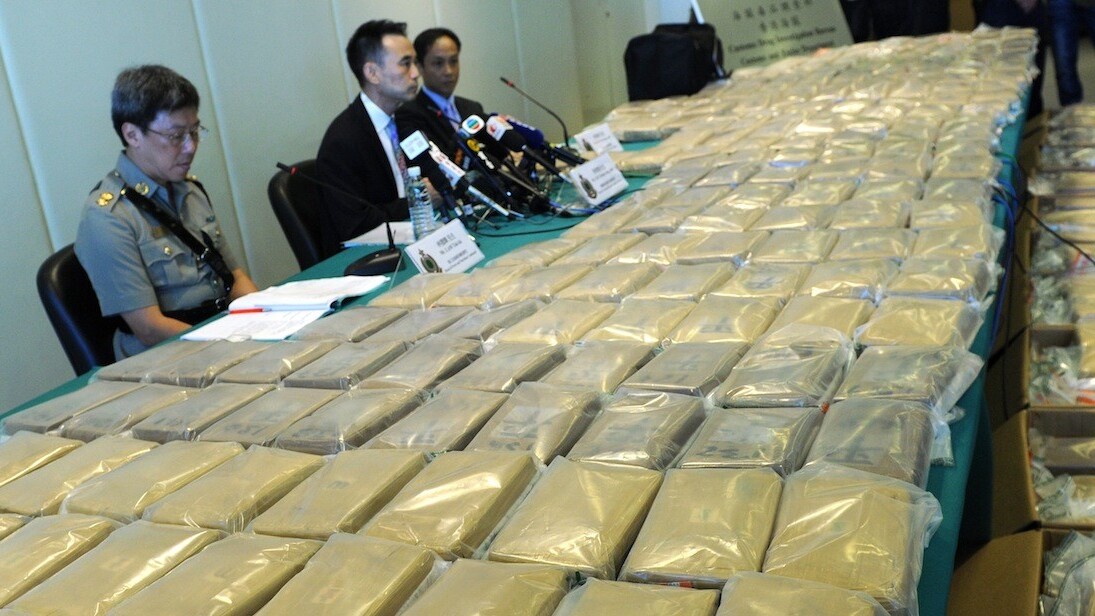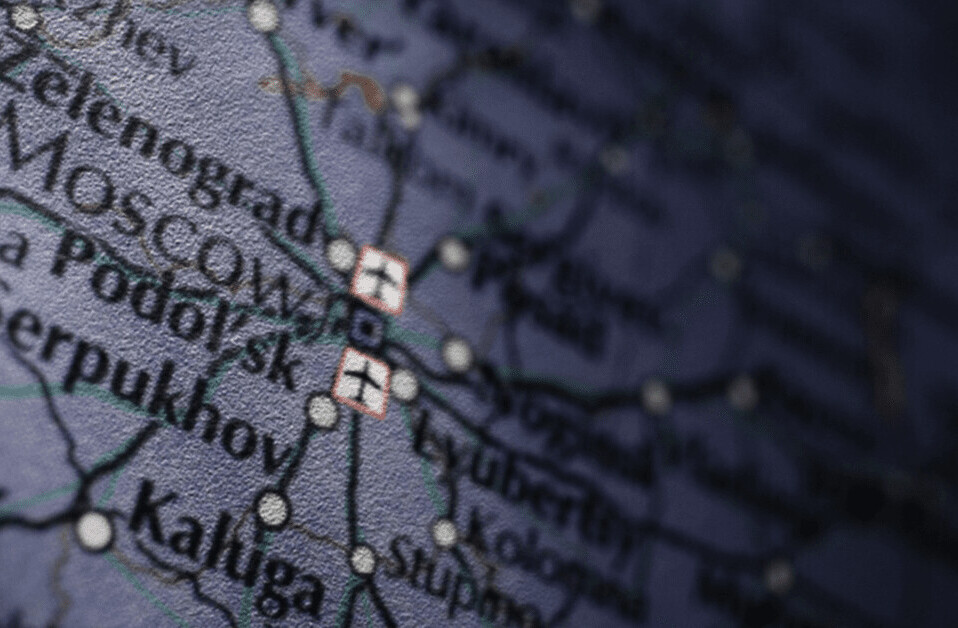
China’s official censorship is by definition selective, and a new op-ed from Pulitzer Prize-winning journalist Nicholas Kristof for The New York Times has pointed out the contradiction in the apparent availability of illegal drugs and guns on Chinese cyberspace while the Times itself remains blocked.
Kristof found several online shops offering to deliver narcotics throughout China. I’m not exactly versed in the Chinese vocabulary for drugs, but a quick search for methamphetamines did turn up a vendor selling them for $12,519 (78,000 RMB) for a kilogram. That’s roughly half the price of the current wholesale price for meth in San Francisco, at least according to NarcoticNews.com.
Other searches by Kristof turned up businesses offering semiautomatic handguns, rifles, date-rape drugs and prostitutes. There’s no guarantee, however, that these products are actually available, as they could actually be scams or even police-orchestrated traps.
Whether Chinese or foreign, the Internet can be a scary place, as noted last year in my colleague Joel Falconer’s journey into the dark corners of the deep web. But, the easy availability of these illicit goods and services on the Chinese Internet seems particularly out of place given the tremendous amount of resources that the government puts into monitoring and filtering it. Considering that one of the stated reasons for the so-called Great Firewall system is to regulate pornography, websites flagrantly advertising prostitution should be at the top of the list for censorship.
Kristof went on to note that the “The upshot is that most Chinese won’t be able to access this column, but can easily go to the Web to purchase firearms or narcotics,” Kristof wrote.
The Times was blocked last October after publishing an in-depth look at how Premier Wen Jiabao’s family has benefited financially from his position. Bloomberg also got similar treatment last June when it exposed the finances of incoming leader Xi Jinping’s family.
Visa troubles for a new hire to the Times’ Beijing bureau may also portend future struggles for the newspaper in China. Journalist Chris Buckley’s request to transfer his press accreditation from Reuters to the Times has been stuck in limbo, forcing him to temporarily relocate to Hong Kong while it gets sorted out. The delayed visa may be more than a bureaucratic mixup, given that Al Jazeera was forced out of the country last year after being refused credentials and visas for its journalists.
Kristof ended his column with a bold suggestion for Xi and his comrades: “How about cracking down on Web sites that sell guns and drugs, while leaving alone those that traffic in ideas and information?”
Frankly, it’s a long shot, but we can certainly all hope. The Chinese government has consistently regarded ideas and information as one of the biggest threats to its stability. The country’s legislature recently adopted new restrictions that will require real-name registration for domestic users of the Internet and related services. The regulations come as the government has clamped down on circumvention tools like VPNs that allow access to blocked sites.
Image credit: Dale de la Rey / AFP / Getty Images
Get the TNW newsletter
Get the most important tech news in your inbox each week.





